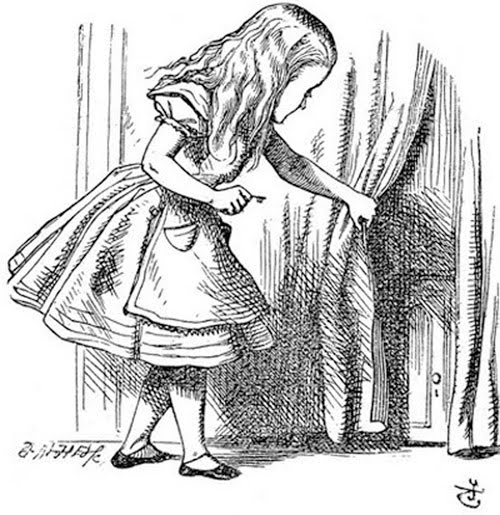Ethnocentricity is a thought-provoking word meaning the evaluation of other peoples and cultures according to the standards of one's own culture. In order to avoid forming biased opinions of other peoples, one's ethnocentricity requires careful consideration.
When analyzed into its morphemes we see: ethno + centr(e) + ic(e) + ity. It is a compound word comprised of two base elements. The first base (ethno) is bound coming from the Greek root ethnos meaning 'people, nation, tribe; a number of people accustomed to live together.' The second base (centre) is free coming from the Latin root centrum meaning 'center; originally fixed point of the two points of a compass.'
Historical Analysis: How does ethnocentricity cause conflict?
The British and the First Australians came face to face in Sydney on the 26th of January, 1788. Both cultures viewed the other through their own cultural lens - forming opinions based on biased perceptions.
In your blog post, you will be discussing how the British ethnocentric view of the First Australians caused conflict between the two cultures. In order to be successful, consider addressing the following points in your post:
- Describe how the British viewed the First Australians. What words did they use to describe them and their culture? Use specific examples from the "First Australians" DVD and the book, "The Rabbits."
- Explain how the ethnocentrism of the British affected these perceptions.
- Discuss the conflict between the British and the First Australians that stemmed from this ethnocentricity. Again, use specific examples from the class resources.


This comment has been removed by the author.
ReplyDeleteThe Ethnocentricity in your title is spelt wrongly. Just sayin
ReplyDelete